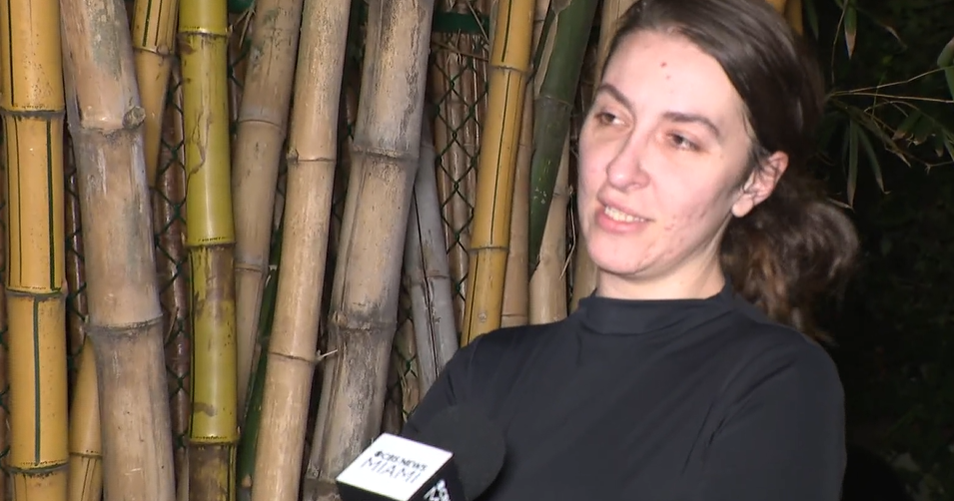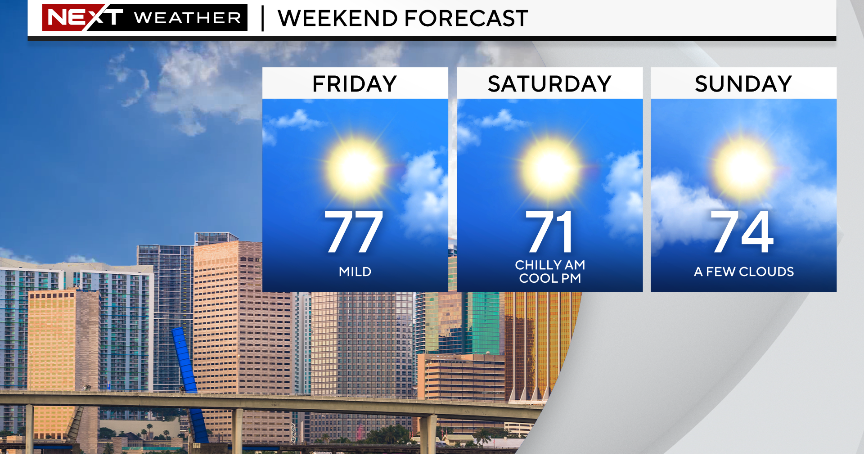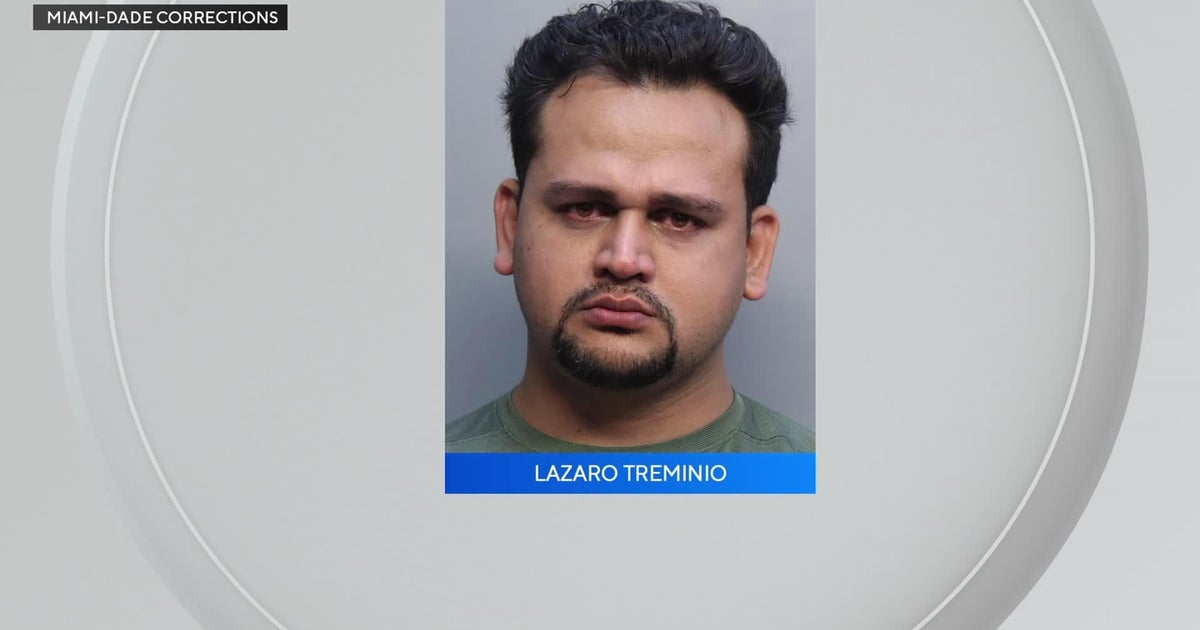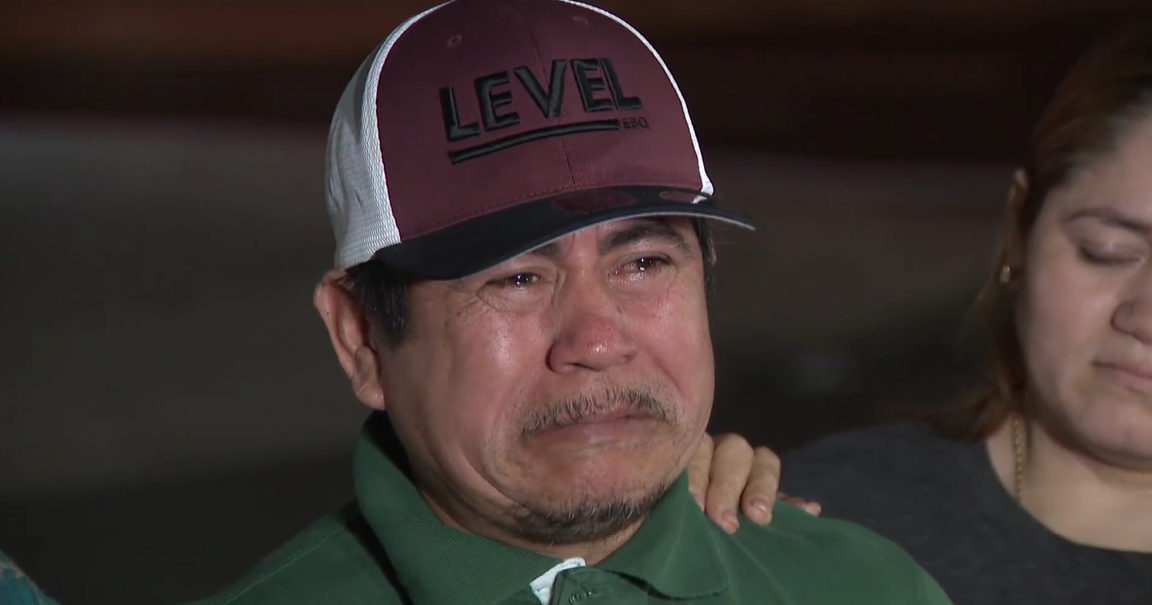South Florida cardiologist explains Bills' Damar Hamlin's cardiac arrest
MIAMI - Buffalo defensive back Damar Hamlin was in critical condition early Tuesday after the Bills say his heart stopped during Monday night's game against the Cincinnati Bengals.
Hamlin suffered a cardiac arrest and fell onto his back moments after tackling Bengals wide receiver Tee Higgins.
Surrounded by teammates, Hamlin, 24, was administered CPR on the field.
The Bill said "his heartbeat was restored on the field and he was transferred to the (University of Cincinnati) Medical Center for further testing and treatment."
Tuesday afternoon, the team posted on Twitter that "Damar Hamlin spent last night in the intensive care unit and remains there today in critical condition at the University of Cincinnati Medical Center. We are grateful and thankful for the outpouring of support we have received thus far."
Cardiac arrest results from electrical disturbances that cause the heart to suddenly stop beating properly.
In cardiac arrest, death can result quickly if steps aren't taken immediately.
"Cardiac arrest may be reversed if CPR is performed and a defibrillator shocks the heart and restores a normal heart rhythm within a few minutes," according to the American Heart Association.
More than 350,000 cardiac arrests occur outside a hospital in the United States each year, the AHA said.
Dr. Allen Stewart, a cardiothoracic surgeon at HCA Florida Mercy Hospital in Coconut Grove, said he believes he knows what led to the cardiac arrest.
"The diagnosis of commotio cordis or a blunt force trauma that causes cardiac arrest is one of the first things that come to mind," he said.
Commotio cordis is a disruption of heart rhythm after a blow to the area directly over the heart at a key time during a heartbeat cycle. The phenomenon mainly happens to athletes but not often.
"In this case, it's uncoordinated spatter of electrical firing in different directions. None of that results in the squeezing of the heart. The heart starts to quiver and it doesn't beat anymore in a coordinated fashion, therefore, the pump doesn't work and you're effectively in cardiac arrest until it goes back," said Dr. Stewart.
Dr. Stewart said when this happens time is of the essence.
"So he's got no blood flow through any of his internal organs and that's really where the clock starts. You don't have very many minutes so that starts to cause injury to the brain (and) into other organs," he said.
Dr. Stewart believes this will not be a career ender for Hamlin.
"There is nothing about him in his anatomy, assuming he makes a full neurological recovery, there is nothing about this injury that suggests he is susceptible to having it again," he said.
The American Heart Association says commotio cordis is the leading cause of death in youth baseball in the United States, typically two to three per year. Automated external defibrillators have helped increase the survival rate.
Cardiac arrest is not the same as a heart attack, although almost any known heart condition, including a heart attack, can cause cardiac arrest.
A heart attack is a circulation problem. When circulation is blocked or cut off in some way and blood is no longer supplied to the heart muscle, this can damage that muscle -- it's commonly described as a heart attack; doctors may refer to it as "myocardial infarction."
Blockages causing heart attacks are mostly caused by a buildup of plaque in the arteries. Plaque forms when cholesterol combines with fat, calcium, and other substances in the blood.
Combined, these elements harden into plaque, which can then rupture, causing a blood clot to form. Large clots can completely block the flow of blood through an artery.
Heart attacks can be fatal, but they do not automatically lead to death. Immediate emergency medical help can often prevent a serious outcome.




